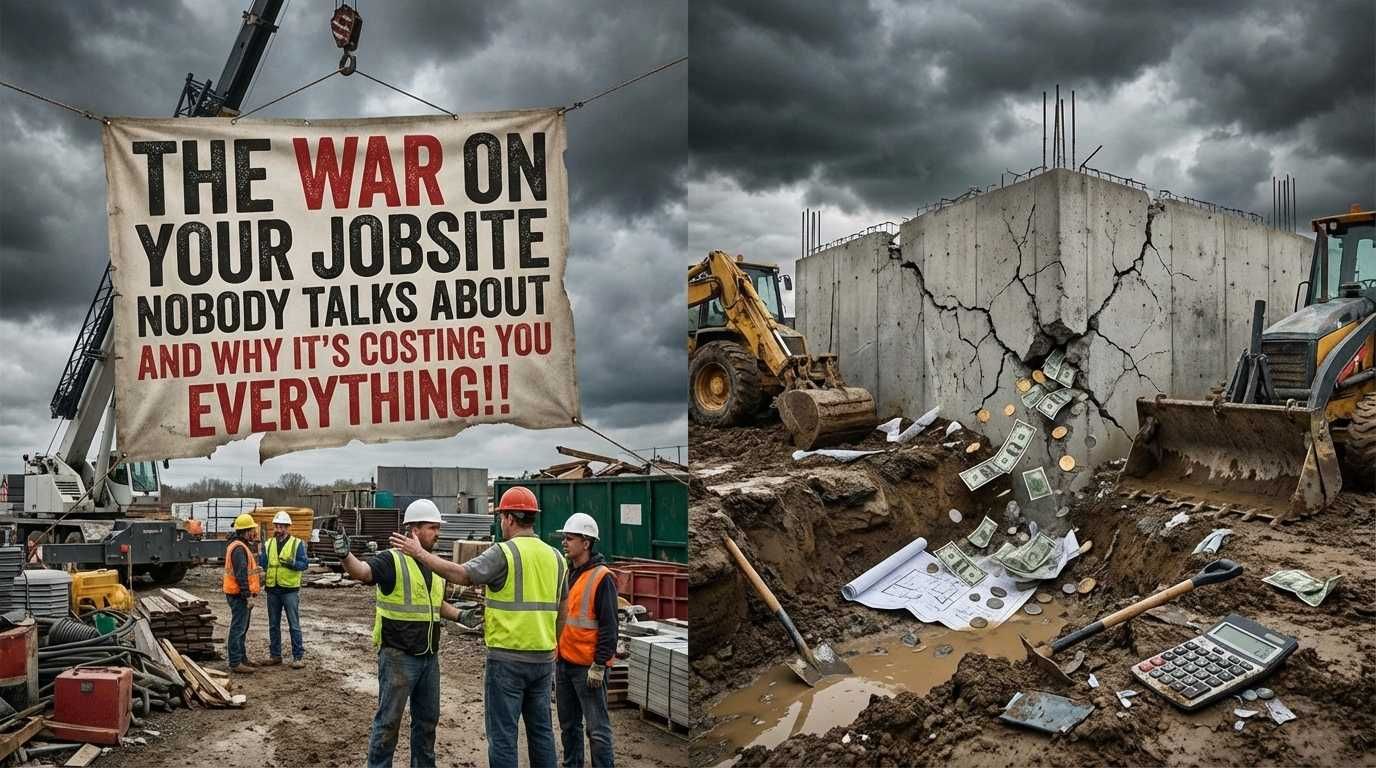Construction Brand Building Strategies That Actually Work in 2025
Building a construction business is one thing. But growing it into a market-leading powerhouse and turning it into a brand people trust, remember, and recommend? That’s another game entirely, especially in 2025, when attention spans are shorter, competitors are louder, and buyers are savvier.
The good news? Construction brand building strategies have matured beyond generic logos and truck decals. Today, it's about creating a reputation that works just as hard as your crew does.
So, what actually works now, and what’s just noise? Let’s break it down.
Nail the Positioning Before You Touch the Marketing
You can have the sharpest website in the industry, but if your message is muddy, none of it will stick.
Before you start pushing ads or posting on social media, ask yourself: What do we want to be known for? Are you the innovative design-build team? The trusted leader in construction project management?
Clear positioning is the anchor that keeps all your outreach consistent, from how you answer the phone to what your site says in the first five seconds.
The sharper your positioning, the easier it is for your ideal clients to say, “Yes, these are the people I want.”
Stop Posting. Start Storytelling.
Social media in construction is often treated like an afterthought, a few progress pics, maybe a finished project, and that’s it. But in 2025, content that builds trust digs deeper.
Tell the story of a client who almost went with a cheaper contractor, and what happened next. Break down how your team solved a tough drainage issue.

Showcase examples of your problem-solving skills, like how you strategically planned your project to stay on schedule despite supply hiccups. That’s the kind of content people remember, save, and share.
Offering free, practical resources, like an e-book on leadership and team management, is even better. In a world full of pricey subscriptions and pushy marketing, genuinely useful resources that professionals in the field can actually use will set you apart and position your company as both generous and credible.
And yes, it feeds directly into your construction brand-building strategies. You’re not just showing that you build things, you’re proving how you think, solve, and lead.
Invest in the Details, And Clients Will Notice
Not everything needs to be fancy, but it does need to feel intentional. Think about the little brand moments: how your proposals look, how your team answers emails, and how your jobsite signs read.
Even in gritty construction work, there’s room for polish. Clients may not say it out loud, but they notice when something feels put-together versus thrown together. And that impression? It sticks.
Today, brand building is less about being flashy and more about being thoughtful. That’s how you build trust before you even show up on site.
Why This All Matters More Than Ever
Here’s the kicker: in a market packed with options, your brand is the shortcut clients use to make decisions fast.
Great construction brand building strategies aren’t just about looking good; they’re about building authority, trust, and momentum.
At Pro-Accel, we help construction businesses do exactly that. From clear messaging to full-on rebrands, we turn strong work into strong brands, so you're not just getting more leads, you're getting the right ones.
Contact us today to book a free consultation!




